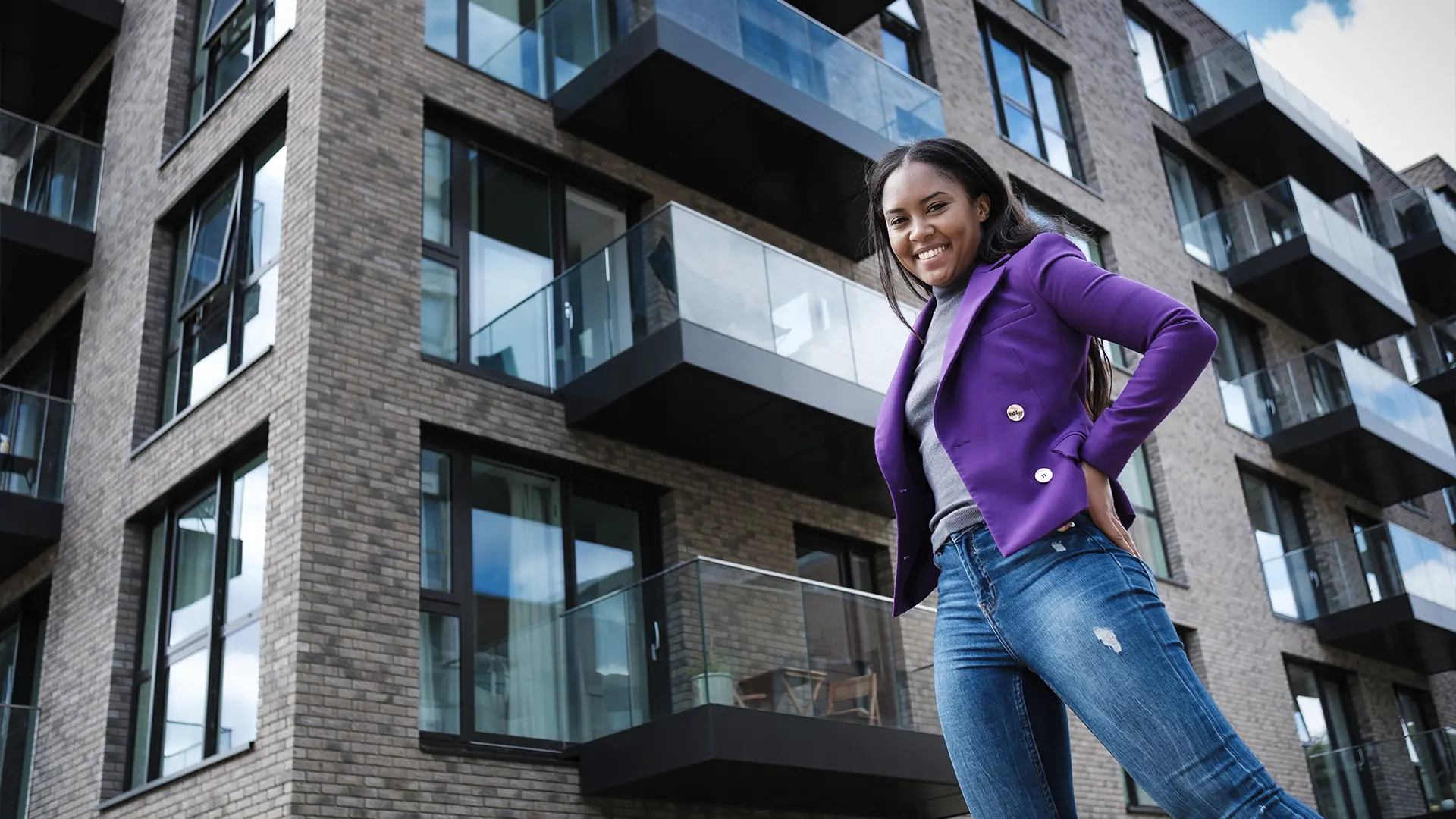If you’re new to the UK property market, the terms “leasehold” and “freehold” can be confusing — but understanding the difference is crucial before buying a home, especially in cities like London where these legal distinctions carry real consequences.
💡 Thinking of buying in the capital? Make sure you check out our detailed guide to buying a flat in London, where we break down the full buying process, including leasehold and freehold considerations.
What is Freehold?
When you purchase a freehold property, you own both the building and the land it stands on outright. This is the most complete form of property ownership in the UK. Freeholders are responsible for maintaining the structure, roof, and land, but they have full control — no landlord, no ground rent, and no lease to worry about expiring.
Freeholds are most commonly found in houses, particularly outside of major cities. For buyers who want long-term security and full autonomy over their property, freehold is usually the preferred option.
What is Leasehold?
With leasehold, you’re buying the right to live in a property for a set number of years, but you don’t own the land it stands on. That land remains in the possession of the freeholder (sometimes called the landlord). Most flats in London are sold as leasehold, especially in purpose-built blocks or converted houses.
Leases can range from 999 years to less than 70 years. Generally speaking, a lease under 80 years can affect a property’s value and make it harder to get a mortgage. Leaseholders may also have to pay service charges, ground rent, and contribute to building maintenance, even if they have little control over how that money is spent.
Why It Matters
When buying a leasehold flat, it’s important to review the lease terms carefully — especially the remaining length, ground rent terms, and your responsibilities. Some modern leaseholds have escalated ground rents that can make future resale difficult.
It’s also worth noting that leaseholders can often extend their lease or even buy a share of the freehold, depending on how long they’ve owned the property and the number of other participating owners in the building.
Recent Reforms and Trends
In recent years, leasehold ownership has come under scrutiny, especially regarding unfair charges and short leases. The UK government has proposed reforms to make leasehold fairer, including the potential to abolish ground rents on new leases and simplify the process of buying the freehold.
Still, the system remains in place — and if you’re buying in London, chances are you’ll be dealing with a leasehold. Knowing the pros and cons can help you avoid unexpected costs and legal headaches down the line.





